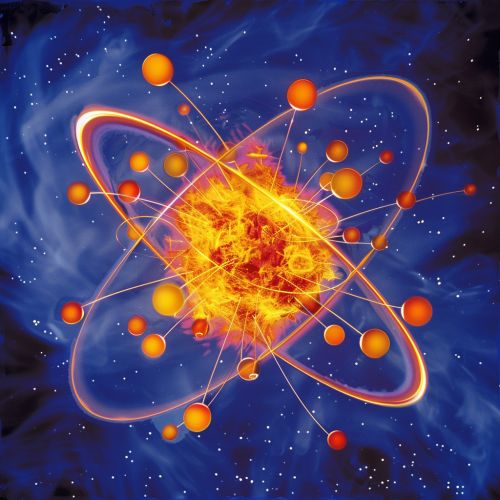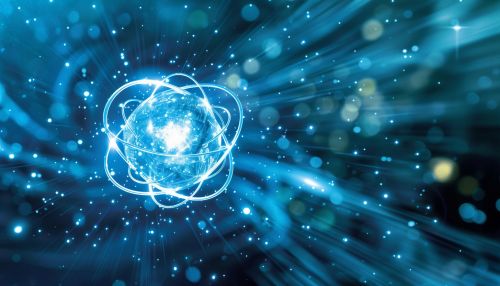Excited state
Introduction
An excited state of a system, such as an atom, a molecule, or a nucleus, is any quantum state of the system that has a higher energy than the ground state (or absolute minimum). The energy includes the rest mass energy, the kinetic energy, and the potential energy. The kinetic energy or motion of a system in an excited state is higher than the ground state.


Quantum Mechanics and Excited States
In quantum mechanics, the concept of excited states is fundamental. When a quantum system absorbs a quantum of energy, such as a photon for an atomic electron, it is excited from its ground state to an excited state. The system can then emit a quantum of energy as it returns to its ground state, releasing a photon in the process. This transition between states is at the heart of quantum mechanics and underlies phenomena such as atomic absorption and emission spectra.
Excitation Processes
Excitation can occur through various processes, including photon absorption, inelastic scattering of particles, and strong electric or magnetic fields. In photon absorption, an electron absorbs a photon and jumps to a higher energy level. In inelastic scattering, an incident particle transfers some of its kinetic energy to the system, causing it to enter an excited state. In the presence of a strong electric or magnetic field, the system's energy levels can be shifted, leading to excitation.
Decay of Excited States
Once in an excited state, a system can decay back to its ground state or a lower-energy excited state through various processes, including spontaneous emission, stimulated emission, and non-radiative decay. In spontaneous emission, the system decays to a lower-energy state and emits a photon. In stimulated emission, an incident photon stimulates the system to decay and emit a photon. In non-radiative decay, the system decays without emitting a photon, instead transferring its energy to its surroundings.
Excited States in Atoms and Molecules
In atoms and molecules, excited states are typically associated with the excitation of an electron to a higher energy level. This can result in changes in the atom's or molecule's properties, such as its reactivity, ionization potential, and spectral characteristics. For example, in the hydrogen atom, the excited states correspond to the electron being in an orbital with a higher principal quantum number.
Excited States in Nuclei
In nuclei, excited states are associated with the excitation of a nucleon (a proton or a neutron) to a higher energy level. This can result in changes in the nucleus's properties, such as its spin, parity, and magnetic moment. For example, in the carbon-12 nucleus, the excited states correspond to the nucleons being in higher-energy orbitals.
Excited States in Quantum Field Theory
In quantum field theory, excited states are associated with the excitation of a field to a higher energy level. This can result in the creation of particles, such as the creation of an electron-positron pair in the electromagnetic field.
